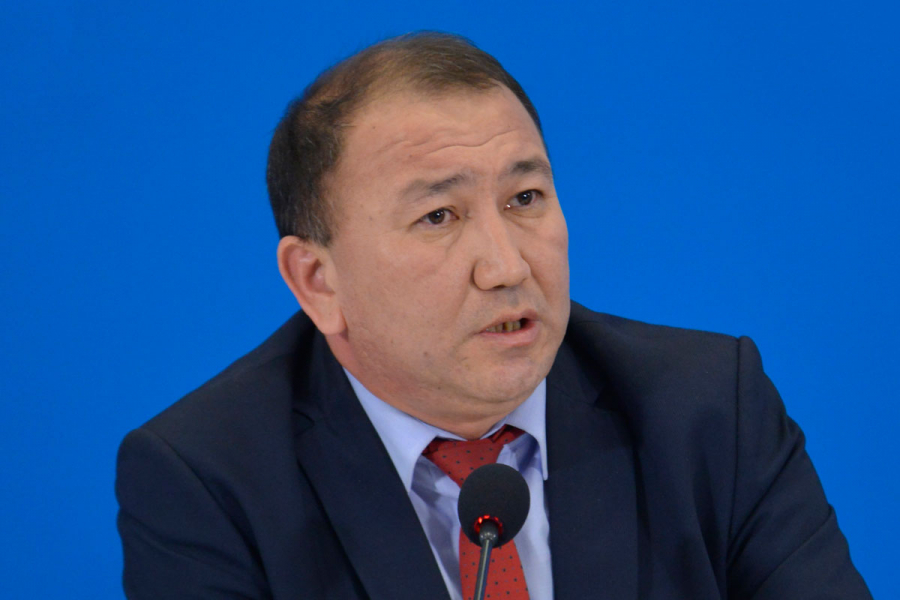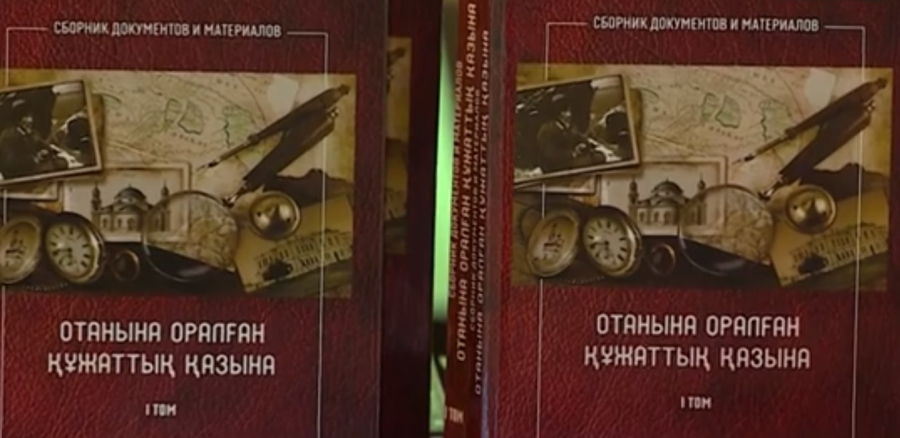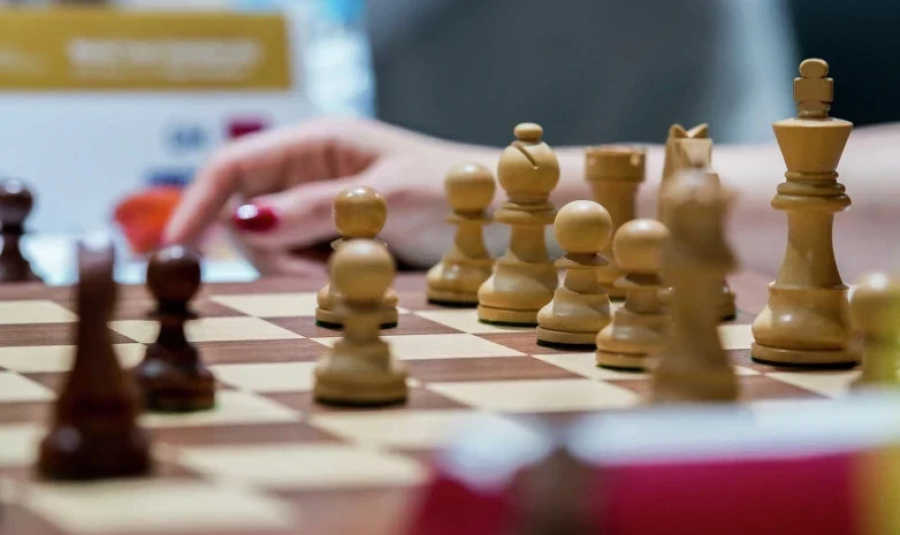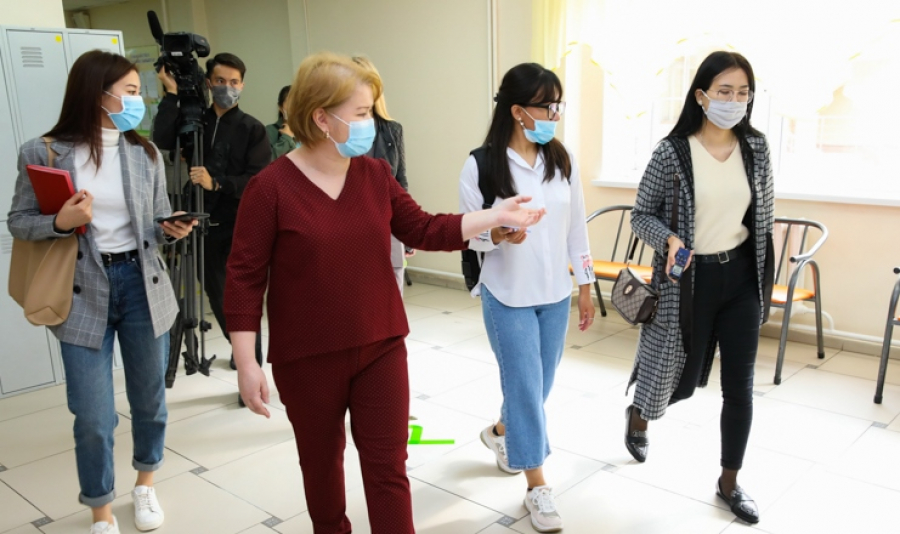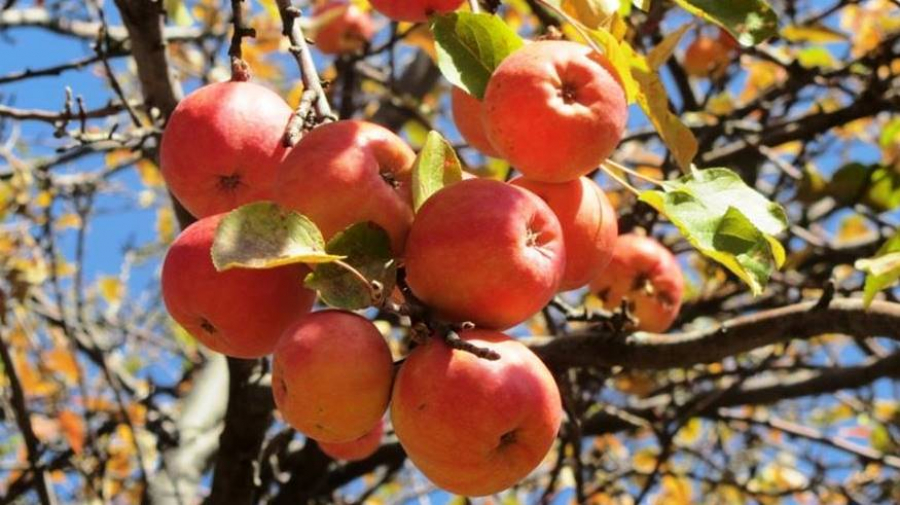
The Sievers apple tree should become a brand of Kazakhstan, opined researchers who took part in an international scientific expedition. Representatives from Germany and the Sorbonne University in France visited the Zhongar-Alatau nature reserve. Here they studied the ancestor of apple orchards around the world and collected samples for further research. Scientists hope to make many more discoveries. The results of the previous ones allowed scientists at the Oxford University to prove that a quarter of all known varieties of apples, which number is 2,500, come from the Sievers apple tree.
“Kazakhstan is an ancestor of all cultivated apple trees in the world. Scientists as well as researchers became interested in this fact. Contemporary artists also joined them, who work in an interdisciplinary field. Based on research carried out by scientists, they develop their projects,” said Zhanna Mambetova, director of ‘Cultural Dialogue’ Public Foundation.
According to foreign scientists, the Sievers apple tree is of invaluable importance for world science and culture. It is included in the International Red Book. Researchers carry out experiments to find out how make it better to preserve its natural state. French scientists put special sensors on tree trunks. The device records sounds, collects juice, after which its composition is studied, and the temperature of the apple tree is also measured. German director Antje Majewski made a documentary about the value of the fruit – ‘The Freedom of Apples’.
“My film is about apples. I’m following the development of the apple into a fruit, into a cultured fruit that is today to be found all over the world. And I’m trying also to talk about the problems that arise with the mass production today. Problems for example for illnesses that can attack the apple plantations, and where the Sievers apple can be extremely helpful for tracing resistances against certain illnesses, because it IS a wild apple and it has grown for millions of years successfully in your mountains,” said film director Antje Majewski.
The world should know what the apple of Adam and Eve was like originally, researchers say. Specialized exhibitions that are planned to be held in France, Germany, Belgium, Austria, China and Singapore, will help to educate contemporaries.
Translation by Saniya Sakenova
Editing by Saule Mukhamejanova



